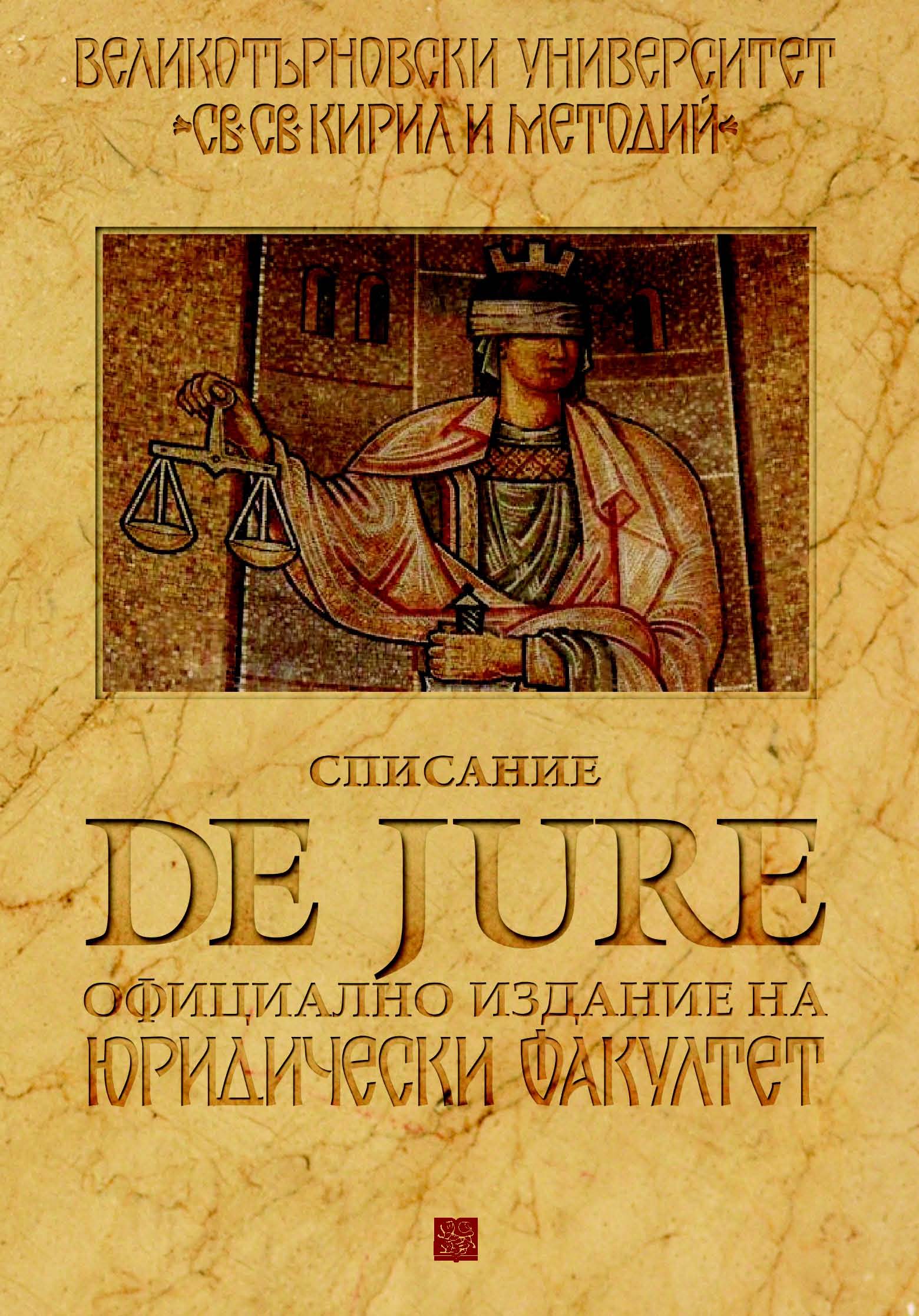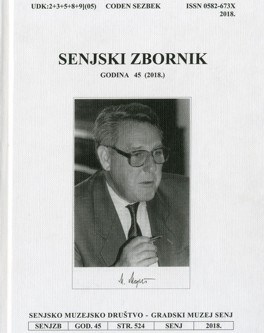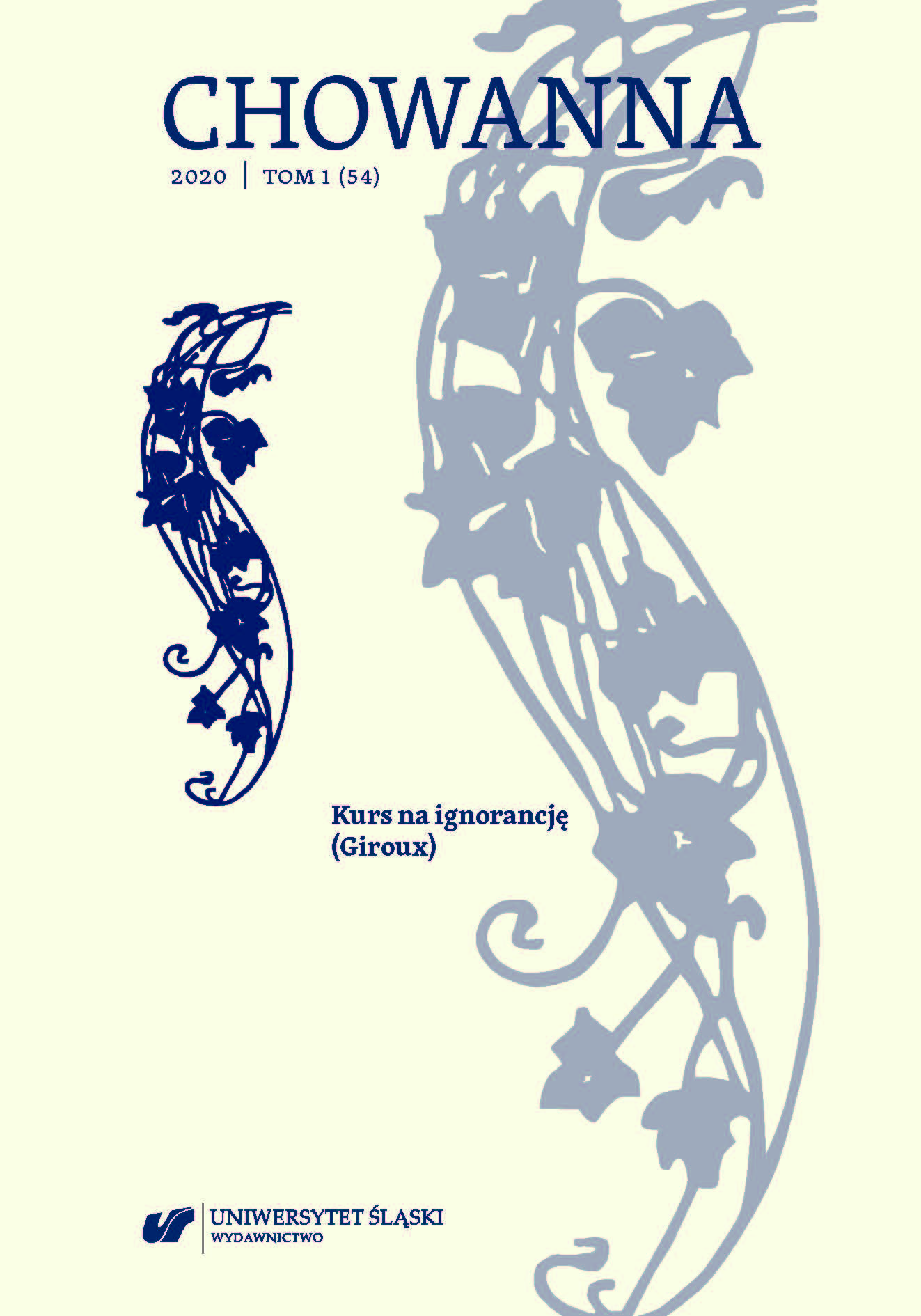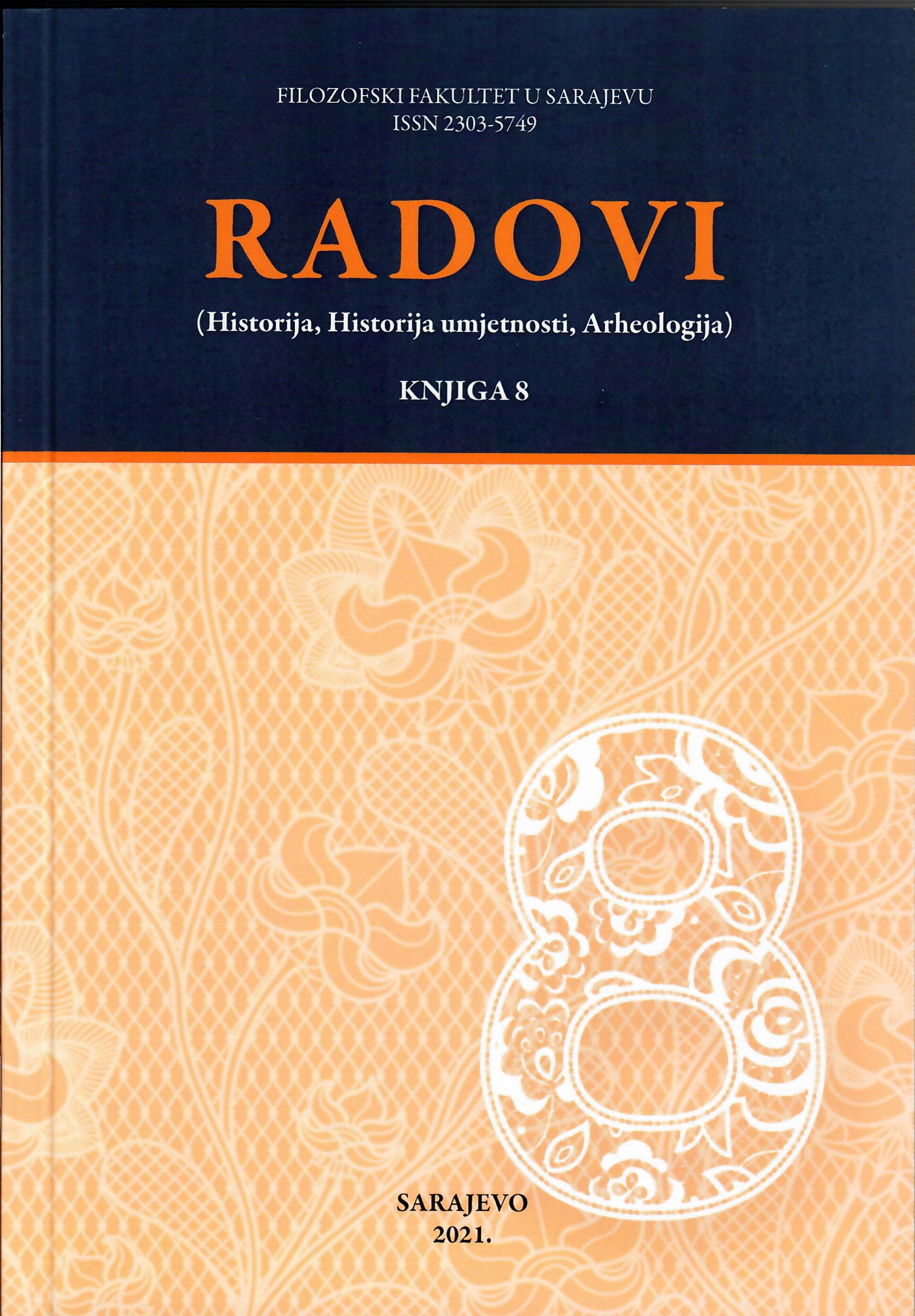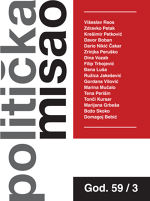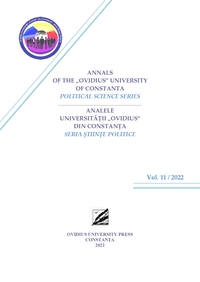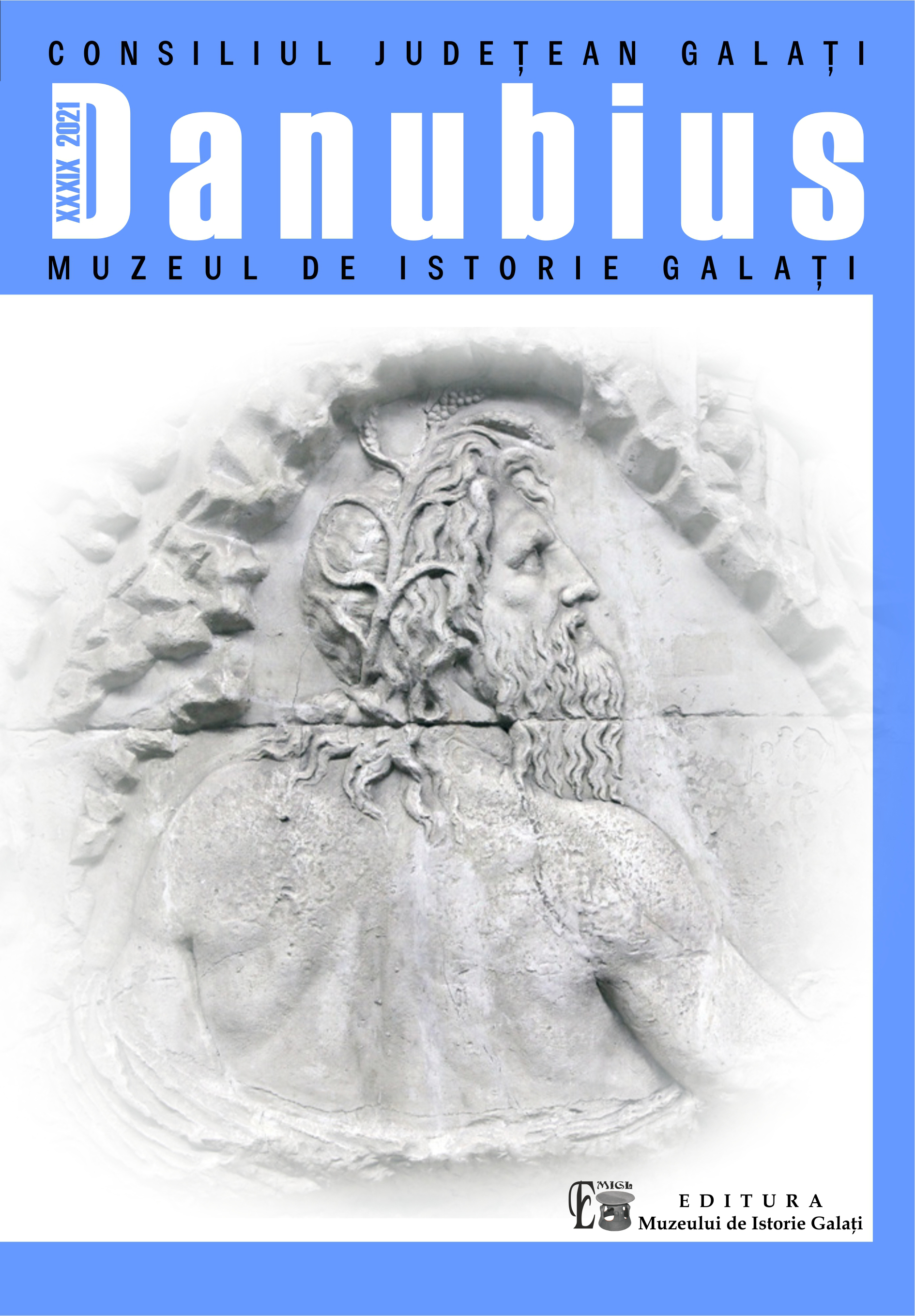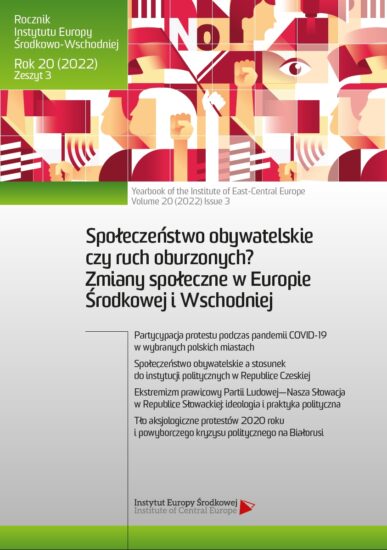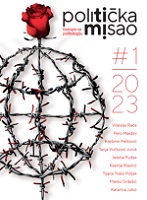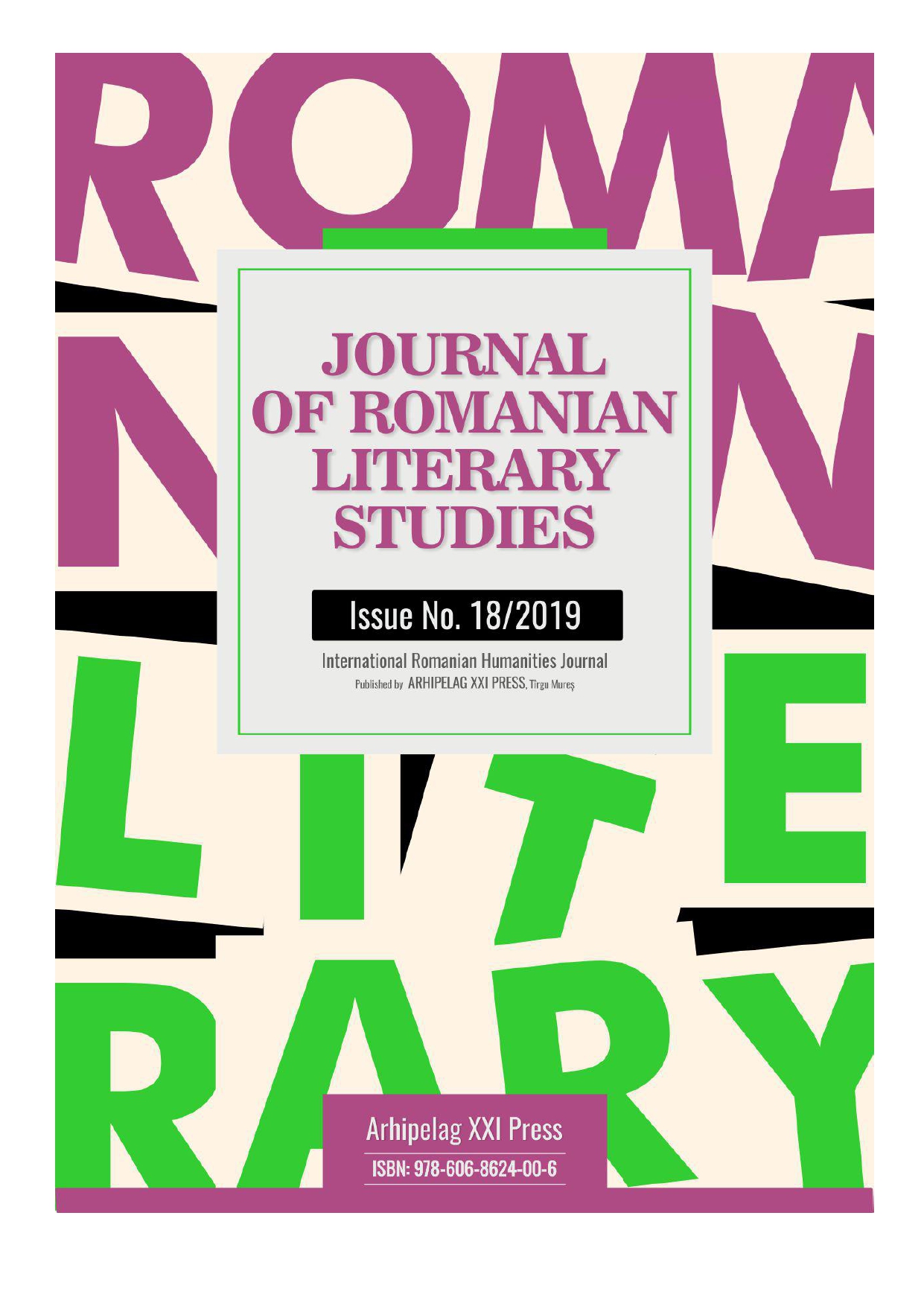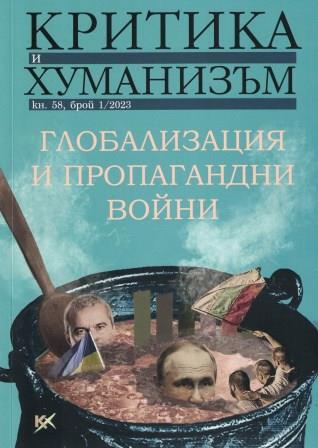Author(s): Mislav Gabelica / Language(s): Croatian
Issue: 1/2018
In the article the author deals with the development of the right’s organisation in Gospić and analyses the social and ideological differences amongst its followers, which according to his judgement caused permanent conflicts within this organisation. The author observed two rights’ groups in Gospić in the period from 1895 to 1914: one which gathered together members of Gospić’s higher social class and where high ranking merchants on the property ladder were dominant, and the other, which in relation to the first group gathered together the lower social class and where alongside merchants of a lower income the clergy of Gospić’s surroundings participated to a greater extent. Although both groups are considered as having members of the Party of Rights, the author notes the social differences amongst them as well as the great ideological differences, which were particularly visible in the national section of the Party of Rights agenda. The first, more affluent rights’ group, in which Marko Došen and Lovre Pavelića nd his sons stand out, placed the constitutional part of the rights’ agenda in first place, and aspired to the realisation of Croatian state independence in collaboration with the Croatian Orthodox population, recognising, in turn, the population of Serbian national character. The second group, in which Ivan Bušljeta, Dragutin Smojver and the priest Stipe Vučetić standout, placed the national part of the Party of Rights’ agenda in first place, in accordance which it negated the Serbian national character to the Croatian Orthodox population, and it avoided any kind of contact with the political representatives of that population, due to which they were forced to give it national concessions in Croatia. The conflict between these two groups in Gospić culminated in 1908, when on a national level there came the split of Starčević’s CroatianParty of Rights, within which both Gospić’s Party of Rights groups had operated to that time.The author noted a calming of this conflict in the years leading up to the First World War and considers whether amongst other things it happened because of the fact that in that time Pavelić-Došen’s group also assessed that its policy of a Croatian-Serbian accord had failed.
More...
